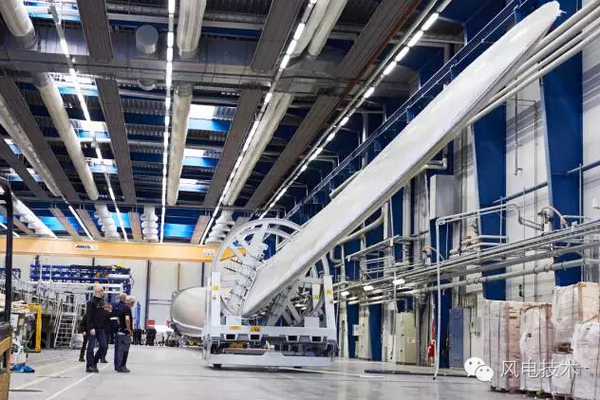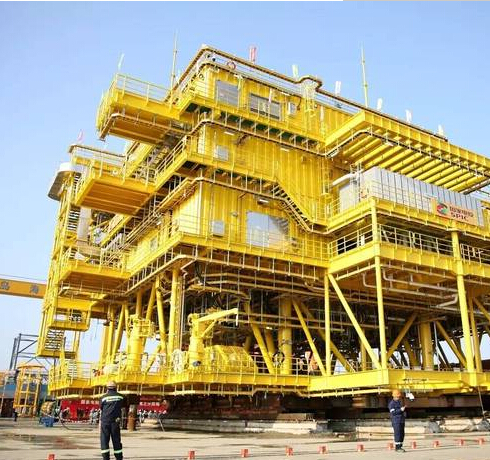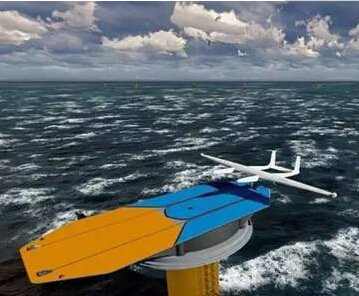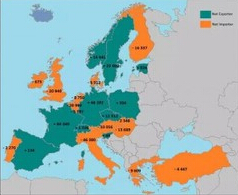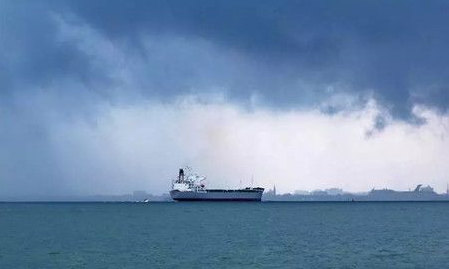 As the shipping industry imposes stricter restrictions on ship emissions, in addition to finding alternative fuels, some shipping companies are also considering slowing down to control pollution. As a possible alternative to slow sailing, BIMCO and the Greek Shipowners Association further proposed to limit the power of the ship's main engine to accurately control the speed. This proposal was even endorsed by the shipping giant Maersk. The shipping market seems to be getting more and more confusing because of the restrictions on sulfur.
As the shipping industry imposes stricter restrictions on ship emissions, in addition to finding alternative fuels, some shipping companies are also considering slowing down to control pollution. As a possible alternative to slow sailing, BIMCO and the Greek Shipowners Association further proposed to limit the power of the ship's main engine to accurately control the speed. This proposal was even endorsed by the shipping giant Maersk. The shipping market seems to be getting more and more confusing because of the restrictions on sulfur.
While promoting the slowdown of navigation, the Baltic International Shipping Association (BIMCO) and the Greek Shipowners Association (UGS) have further proposed to limit the power of the ship's main engine.
BIMCO believes that measuring the speed of a ship is not accurate, but the propulsion of the ship can be precisely controlled, and the propulsion of the ship is closely related to the speed of the ship. BIMCO Deputy Secretary General Lars Robert Pedersen said: "The shipping industry urgently needs to ensure that greenhouse gas emissions are reduced through sustained and slow combustion, but stimulating shipowner innovation is also an important task."
Previously, Japan has proposed a proposal to limit the power of ships. BIMCO recommends measuring the main engine power of each type of ship, and obtaining the average main engine power of the type of ship within a certain period of time, and then setting a host power limit value for propulsion.
The Greek Shipowners Association (UGS) endorsed and supported the proposal to limit the power of the ship's main engine. It proposed to limit the main engine power that can be used by ships exceeding 5000 GT under normal conditions, and reduce the power of bulk carriers and tankers by 50%. The mainframe power is lowered by 66% to keep the ship's carbon dioxide emissions at historically low levels (2012) during the three-year phased transition period beginning 2023. The proposal also includes an review clause that allows the IMO to modify the action plan if necessary.
The Greek Shipowners Association believes that the IMO 2020 sulfur limit has caused market confusion and has been worried about this. The president of the association, Theodore Veniamis, pointed out: "The Greek proposal is simple, transparent, easy to implement, and suitable for the specific situation of the industry and will not disrupt competition. This is crucial."
The Greek proposal is also in line with the reality of international bulk and non-scheduled shipping trades, which is one of the concerns of the Greek Shipping Association regarding sulfur-restriction regulations. The association pointed out that in this way, charterers play a decisive role in ship operations, so the use of targeted measures and key performance indicators by shipowners alone may not be sufficient to reduce the ship's carbon footprint.
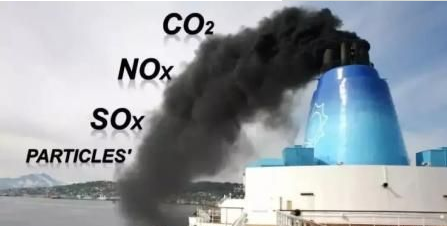
Data shows that if a tanker reduces the speed from 12 knots to 11 knots, fuel consumption can be reduced by 18%. Recently, many French shipping companies recently voted to reduce pollution by limiting the speed. This practice was also supported by French President Mark Long.
Maersk Line, the world's largest liner company, also expressed its support for limiting speed. BIMCO's proposal to set a host power limit has been endorsed by Maersk Line. Maersk Line said: "Maersk supports the principle of adopting ship power limiting measures and believes that IMO can find accurate methods and set realistic limits."
However, the practice of slowing down and limiting the power of the ship's mainframe has also been questioned by some market participants. CMA CGM believes that the main problem with deceleration is that the cost increases. If the deceleration requires more ships, the lengthening of the voyage will increase the storage time and bring additional costs to the customer.
The UK Chamber of Shipping said earlier this year that the slow-moving initiative promoted by Greece and France may not be the best option, and there is no evidence that such restrictions can reduce carbon emissions.
Anna Ziou, Policy Director of the British Shipping Association, stressed: “In the past 10 years, shipowners have greatly limited the speed. Although these proposals have a good starting point, as a low-carbon alternative to international shipping, it is not good enough to advocate further slowdown navigation. This will give the wrong impression that the shipping industry is taking action, but in reality it is not possible to achieve meaningful emissions reductions."
















 RCCN WeChat QrCode
RCCN WeChat QrCode Mobile WebSite
Mobile WebSite